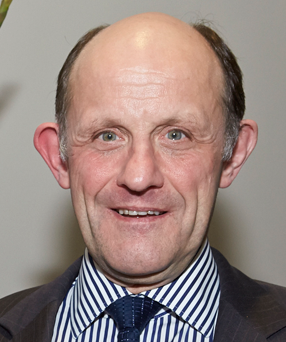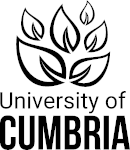
Public health academic to address CBRNe specialists at European event
An academic from the North West is preparing to address a European conference for specialists who manage responses to major emergencies and disasters.
Colonel David Bates leads the postgraduate programmes in disaster, crisis and humanitarian response at the University of Cumbria’s respected Institute of Health.
He is among the speakers at the NCT Virtual Europe event on 31 March and 1 April 2021.
The online event is being hosted by the Chemical, Biological, Radiological, Nuclear and explosive (CBRNe) Society and organised in partnership with the Joint Chemical, Biological, Radiological and Nuclear Defence Centre of Excellence, an accredited NATO Military Body.
NCT Virtual Europe will give the floor to civil/military professionals from the European CBRNe, Counter Improvised Explosive Devices and Explosive Ordnance Disposal communities in a range of informative sessions addressing ongoing and future challenges.
Delegates from across Europe will able to connect and network with members of the professional community and actively engage in knowledge exchange before the ‘in-person’ NCT CBRNe Europe event takes place in October.
Prior to joining the Institute of Health, David served in the British Army for 35 years, latterly as its most senior nurse in the role of Director of Army Nursing Services.
David has also received numerous awards in recognition of his leadership and significant contribution to nursing, including Associate of the Royal Red Cross by Her Majesty The Queen. He also holds various operational and charitable roles.
The impact of the coronavirus pandemic has led to the accelerated development of online technologies and learning. David’s presentation to NCT Virtual Europe delegates will explore how this helps individual learners and organisations strengthen their capabilities to counter CBRNe threats in a public health context.
David said: “We are preparing our undergrad and postgrad students to respond effectively to any emergency or disaster in order to preserve life and property whatever the hazard, which includes CBRNe, or wherever they work. We adopt a people centred or public/community health approach where health is impacted by wider determinants that are biopsychosocial and societal.
“People are the most important component of capability. Education shapes them to understand how to fuse their training and experience through reflection to improve or forge new capability.”
Alison Hampson, director of the Institute of Health at the University of Cumbria, said: “An inspirational advocate of the public’s health, David leads a portfolio of our specialist postgraduate programmes allowing students to benefit directly from his vast experience.
“He maintains his knowledge and skills through important activities. As well as events such as the NCT Virtual Europe conference, this includes continuing research and leadership roles with charities and organisations in the nursing and humanitarian relief sectors, some of which provide assistance to vulnerable communities around the world.”
PHOTOS
- Colonel David Bates, leader of postgraduate programmes in disaster, crisis and humanitarian response at the University of Cumbria’s respected Institute of Health, who is speaking at NCT Virtual Europe 2021.
2. Alison Hampson, director, Institute of Health, University of Cumbria
